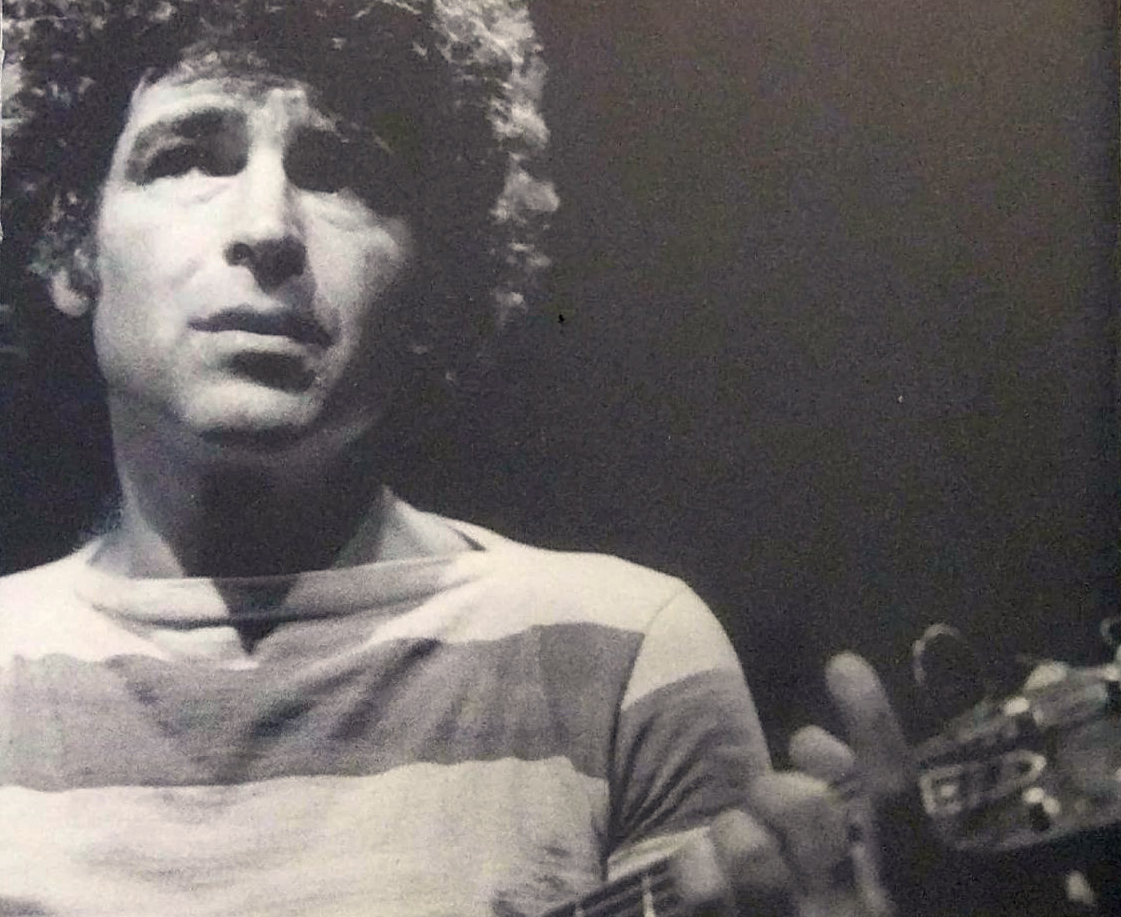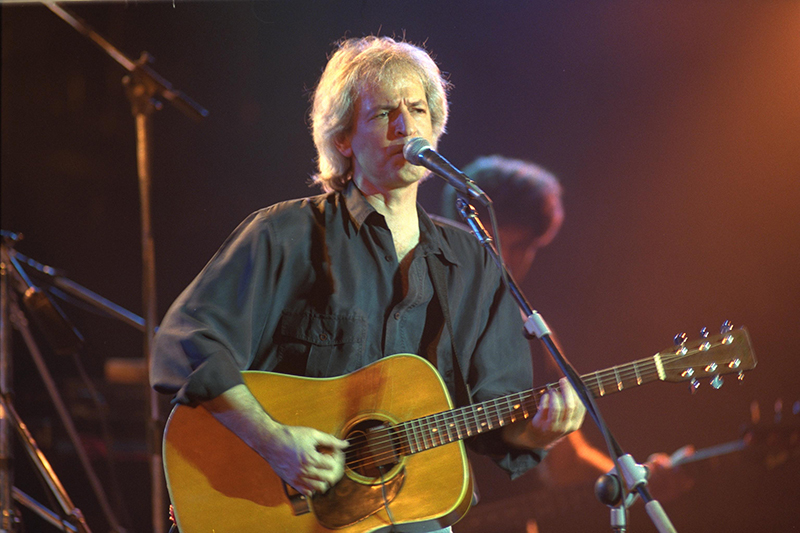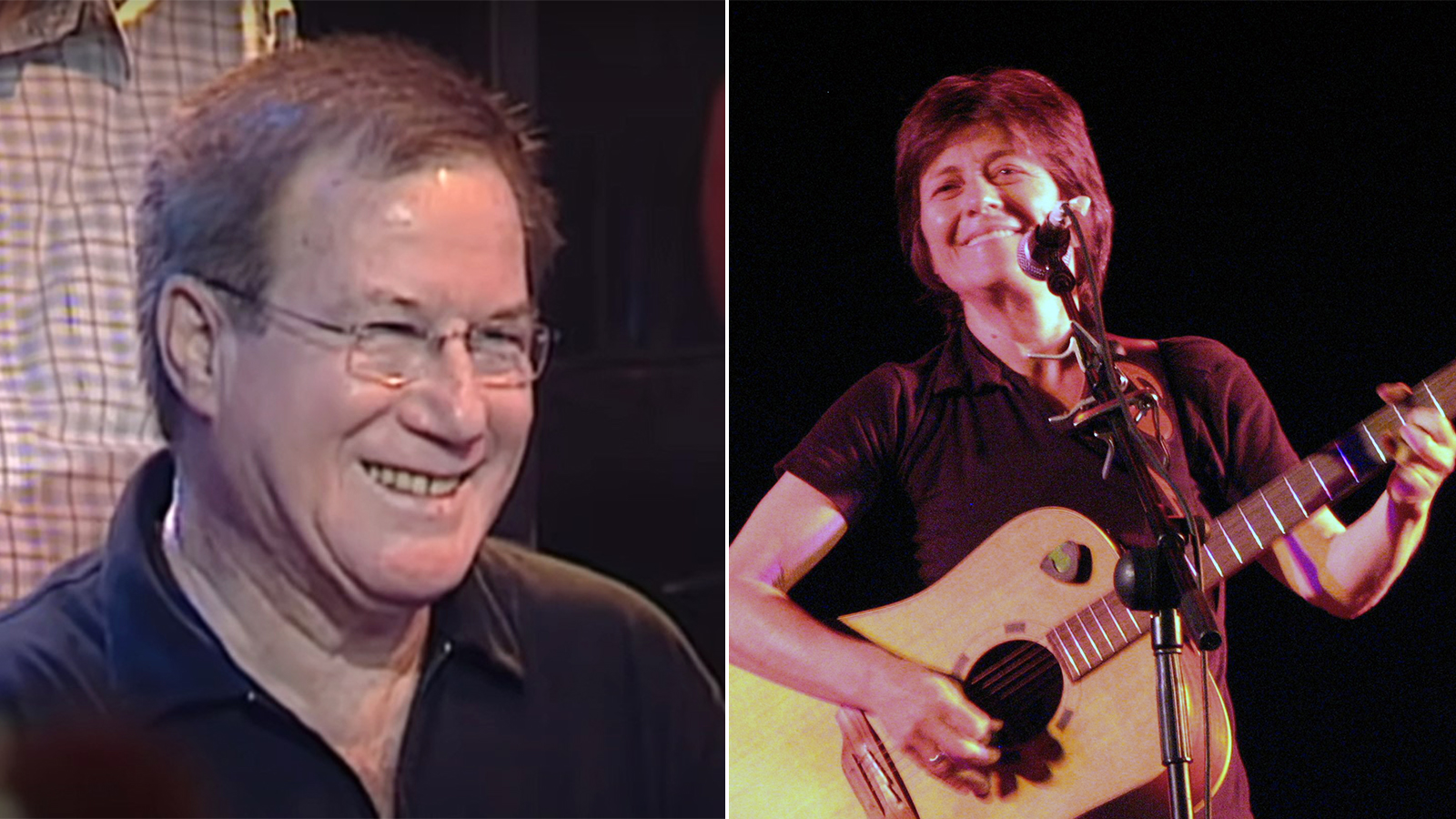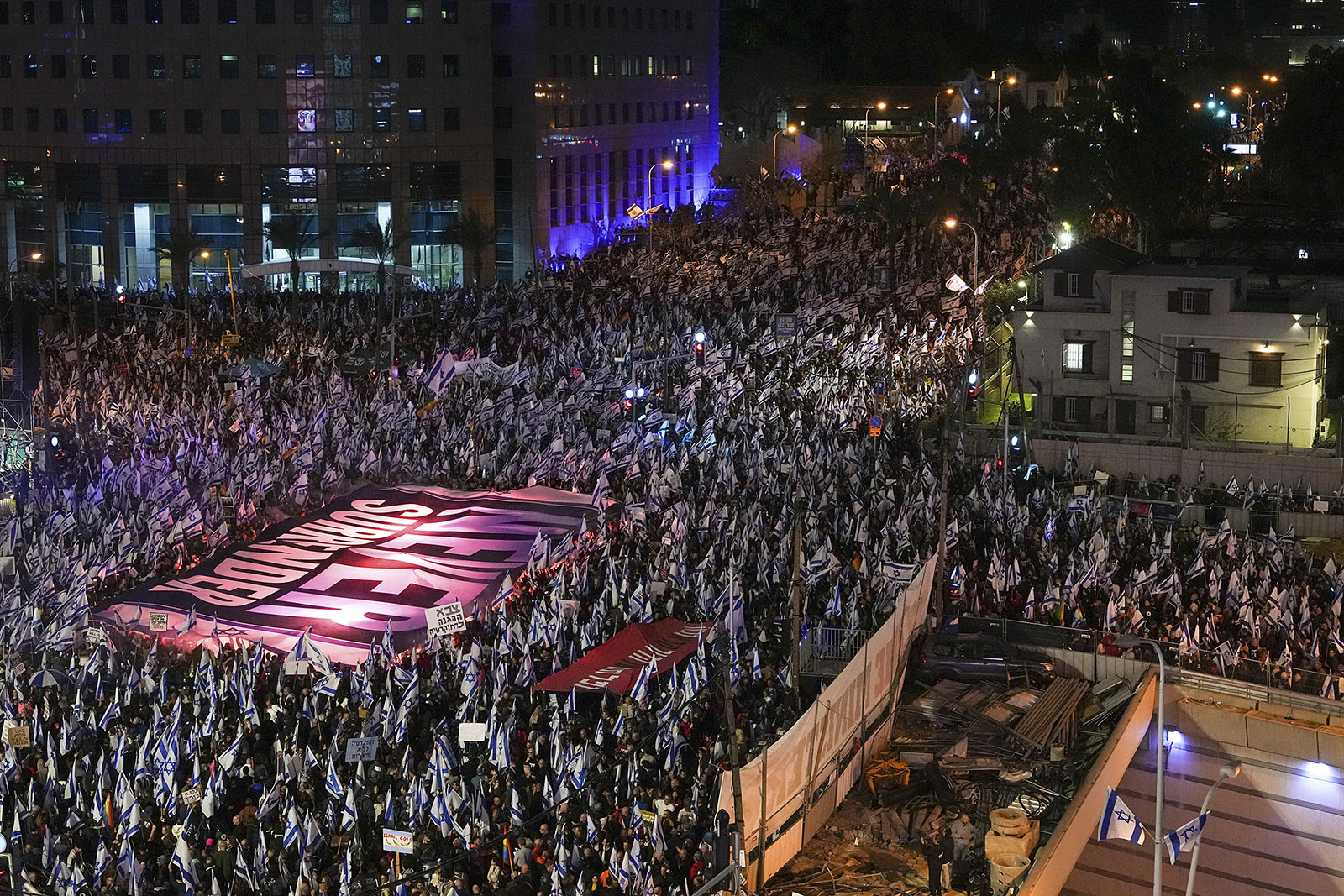(RNS) — I grew up in the late 1960s and 1970s — and so the soundtrack of my teen years was protest music. Woody Guthrie, Pete Seeger, Bob Dylan, Joan Baez, Phil Ochs, the Jefferson Airplane — they wrote and sang the songs that shaped my consciousness.
Those songs also shaped my sense of America. Many of them were angry, but even more of them were hopeful. They were aspirational; they sang to us of an America that could be, an America that we could create, if we only wanted to, and if we only tried.
I have been watching what has been unfolding in the state of Israel — the 5% (and growing) of the Israeli population that has taken to the streets of the Jewish State. They are protesting the proposed changes that would radically diminish the power of the judiciary, thus threatening the only thing Israel has that represents a true balance of powers.
When I see those scenes, it brings me back to those heady days of 1969, 1970 — when my American peers and I protested the Vietnam War and racism and any number of things. I feel a kinship with the throngs in the streets of Israel, because I agree with them. Israel and the Zionist project itself are in danger.
Join me in this podcast — a dive into the rich legacy of Israeli protest music.
Our guest: Yossi Klein Halevi, one of Israel’s most prolific and profound writers and journalists; an author of many books, including “Like Dreamers,” which was about the generation of soldiers who fought in the 1967 Six Day War and how those individuals shaped Israeli society; a fellow at the Shalom Hartman Institute, where he is the co-director, with Imam Abdullah Antepli, of the Muslim Leadership Institute — one of the most significant voices in the Jewish world today.
Here are the songs, and the lyrics. Yossi’s commentary is both powerful and poignant.
“Jerusalem of Iron,” (Yerushalayim shel Barzel) by Meir Ariel.

Meir Ariel’s portrait on the jacket of his “best of” collection. Courtesy photo
In your darkness, Jerusalem, we found a loving heart,
when we came to widen your borders and to overwhelm the enemy.
We became satiated of all his mortars, then suddenly dawn broke,
it just arose, not yet even white,
and it was already red.Jerusalem of iron, of lead, of darkness,
haven’t we set your wall free?The strafed battalion broke forwards, all of it in blood and smoke,
and a mother came, and another mother, in the congregation of bereavement.
Biting his lips, not without toil,
the battalion continued fighting,
until, at the end, the flag flapped
above the house of bitterness.Jerusalem of iron,
of lead, of darkness,
haven’t we set your wall free? …
“Midrash of My Dove,” (Midrash Yonati), by Meir Ariel
Ask after the heart of Jerusalem
Ask how she fares
Stones in the heart of Jerusalem
The marketplace teemsClothed in deceit and injustice
For the building of the wall
But from behind her veil
Her nakedness is exposedShe doesn’t seek justice, justice
Doesn’t wish for peace
For these is no peace without justice
So why did we end up here?What was our dream? Will we soon awake?…
What about shmittah according to halacha? (The biblical commandment to let the land lie fallow every seven years, according to Jewish law)
Have you already mastered it,
That you rush to take just more and more and more land?!In dubious deceit, smacking of theft, under cover of darkness, with rulers’ immunity?
Is this redemption? Is this its honor?
Life a thief in the Judean underground?
Oh, Mama, mama, motherland, land, my land (admati)
Ad moti (until my death)?
“Waiting for Messiah,” Shalom Hanoch

Shalom Hanoch performs at the Red Sea in 1992. Photo by GPO/Wikimedia/Creative Commons
Sitting for hours, waiting for the Messiah to come
The Messiah is the key man, his hand is in everything
and everything is in his hands,
Samich smoked and Yerucham licks his lips
Yorah looks at his watch and rolls his eyes
An office in the north — “Artzieli Ltd. – Advisors”
Afternoon and outside the world turns
Presses a buzzer, says: “Bring us coffee!”
The Messiah isn’t coming — he isn’t phoning, either…“An accident of the State,” said the wretched policeman
“The stock market crashed, people jumped from the roof
The Messiah also jumped, and they announced that he was killed…”
“… Everything’s lost” cried Ezra Dahan the contractor,
“The Messiah is in heaven and we, without the money, are here”
And the beautiful Yardenah mumbles “This can’t be!”
The Messiah isn’t coming — he isn’t phoning, either.
“I have no other country” (Ain Li Eretz Acheret) by Ehud Manor and Corinne Allal

Ehud Manor, left, and Corinne Allal. Courtesy photos
I have no other country — even if my land is aflame
Just a word in Hebrew pierces my veins and my soul —
With a painful body, with a hungry heart,
Here is my home.
I will not stay silent because my country changed her face
I will not give up reminding her and sing in her ears.
One last thing about these songs, and about those protests.
It is about the flags.
In the United States of America, in the 1960s and 1970s, protesters, more often than not, disrespected the American flag. They (at least, Abbie Hoffman) wore it as a shirt, and in many cases, they burned the flag as a sign of protest.
That is not how it is in Israel. Quite the opposite.
First, it is hardly the members of the radical left, or even the left, who are in the streets of Israel protesting. It is the rank and file of Israel’s loyal citizens — including, yes, Orthodox Jews and even settlers.
Which leads me to flags.

Israelis protest against plans by Prime Minister Benjamin Netanyahu’s government to overhaul the Israeli judicial system, in Tel Aviv, Israel, March 18, 2023. (AP Photo/Tsafrir Abayov)
Look at any photograph of the throngs in the streets who are protesting, and you will see them holding and waving the flag of the Jewish State.
David Ben-Gurion would be smiling.
For this is the meaning of Jewish patriotism.
“I have no other country … I will not stay silent because my country changed her face. I will not give up reminding her and sing in her ears.”
As Israel rapidly approaches her 75th birthday — next week! — I can only say this: Patriotism means you remind your country of what she can yet be and needs to be.





